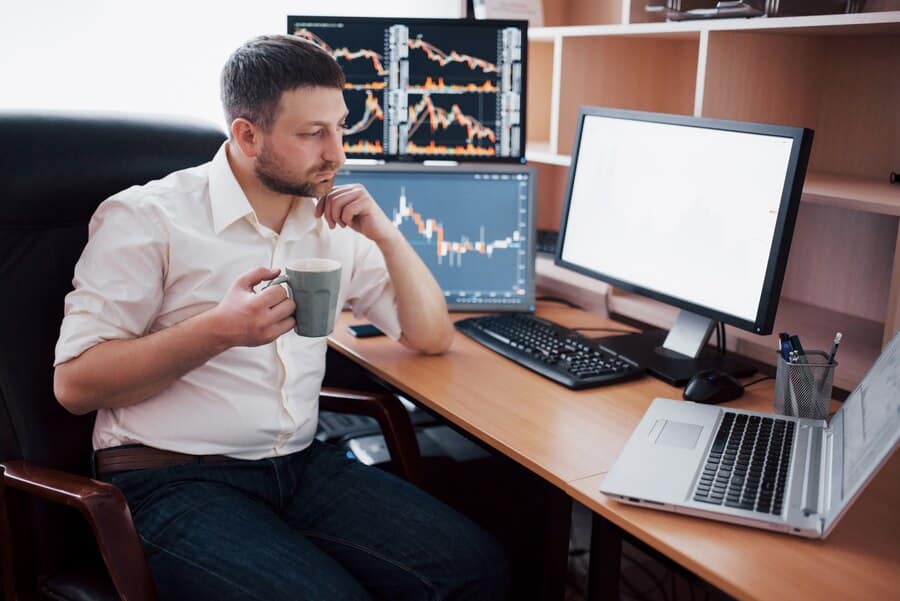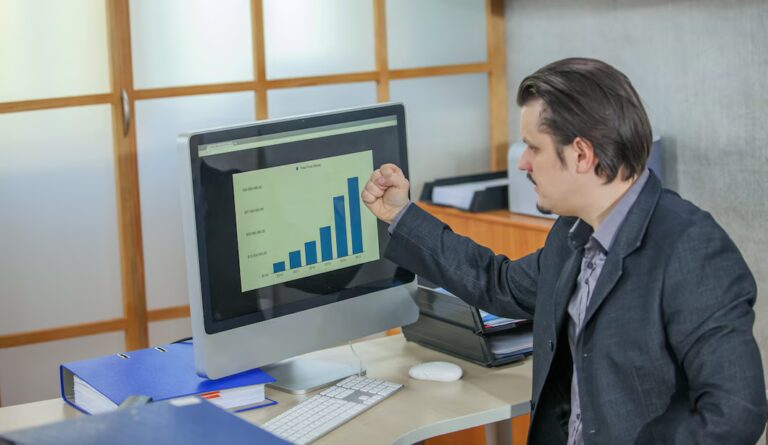Forex trading, or the foreign exchange market, is the largest and most liquid financial market in the world, where currencies are bought and sold. With a daily trading volume exceeding $6 trillion, it offers immense opportunities for profit. However, for beginners, navigating this complex landscape can be daunting. This article will provide a comprehensive overview of the basics of forex trading, helping you understand how it works and how to get started.
What Is Forex Trading?

At its core, forex trading involves speculating on the price movements of currency pairs. When you trade forex, you are simultaneously buying one currency while selling another. Each currency pair consists of a base currency (the first currency listed) and a quote currency (the second currency). For example, in the EUR/USD pair, the euro is the base currency, and the US dollar is the quote currency.The goal of forex trading is to predict whether the value of the base currency will rise or fall against the quote currency. If you believe that the euro will strengthen against the dollar, you would buy EUR/USD; if you think it will weaken, you would sell.
How Does Forex Trading Work?
- Currency Pairs: Forex trading always involves pairs. Major pairs include EUR/USD, USD/JPY, and GBP/USD. Each pair has a bid price (the price at which you can sell) and an ask price (the price at which you can buy). The difference between these two prices is known as the spread.
- Pips: A pip (percentage in point) is the smallest price movement that a given exchange rate can make based on market convention. For most currency pairs, a pip is typically 0.0001. Understanding pips is crucial for measuring profit and loss in forex trading.
- Leverage: Forex trading often involves leverage, which allows traders to control larger positions with a smaller amount of capital. While leverage can amplify profits, it also increases risk; therefore, it’s essential to use it cautiously.
- Market Hours: The forex market operates 24 hours a day during weekdays, divided into major trading sessions: Asian, European, and North American. This continuous operation allows traders to react quickly to global events that may affect currency values.
Getting Started with Forex Trading
- Educate Yourself: Before diving into forex trading, it’s crucial to educate yourself about how the market operates. Familiarize yourself with key concepts such as currency pairs, pips, spreads, and leverage.
- Choose a Reliable Broker: Selecting a reputable forex broker is essential for your trading success. Look for brokers that offer competitive spreads, robust trading platforms (like MetaTrader 4 or 5), and excellent customer support.
- Open a Demo Account: Most brokers offer demo accounts that allow you to practice trading with virtual money before committing real funds. This practice helps you understand how to execute trades and develop your strategies without financial risk.
- Develop a Trading Strategy: A solid trading strategy is vital for success in forex trading. Whether you choose day trading, swing trading, or position trading, ensure your strategy aligns with your financial goals and risk tolerance.
- Start Small: When you’re ready to trade with real money, start small to manage risk effectively. Gradually increase your investment as you gain confidence and experience in your trading abilities.
- Monitor Your Trades: Keep an eye on your open positions and stay informed about economic events that could impact currency prices. Use stop-loss orders to limit potential losses and take-profit orders to secure profits when your target is reached.
Conclusion
Understanding the basics of forex trading is crucial for anyone looking to enter this dynamic market. By familiarizing yourself with key concepts such as currency pairs, pips, leverage, and market dynamics, you can develop a solid foundation for successful trading. Remember that while forex offers significant profit potential, it also comes with inherent risks; therefore, continuous education and disciplined trading practices are essential for long-term success.
FAQs
What is forex trading?
Forex trading involves speculating on the price movements of currencies by buying one currency while selling another in pairs.
How do I start forex trading?
To start forex trading, educate yourself about the market, choose a reliable broker, open a demo account for practice, develop a trading strategy, and begin with small investments.
What are pips in forex?
A pip is the smallest price movement that an exchange rate can make based on market convention; typically 0.0001 for most currency pairs.
What does leverage mean in forex?
Leverage allows traders to control larger positions with less capital; while it can amplify profits, it also increases risk significantly.
What are major currency pairs?
Major currency pairs are those that involve the most traded currencies globally; common examples include EUR/USD, USD/JPY, and GBP/USD.
How does one analyze forex markets?
Traders analyze forex markets using technical analysis (chart patterns and indicators) or fundamental analysis (economic news and reports) to predict future price movements.
What is a stop-loss order?
A stop-loss order is an instruction to close a trade at a predetermined price level to limit potential losses on an investment.
Can I trade forex on my mobile device?
Yes! Many brokers offer mobile apps that allow you to trade forex from your smartphone or tablet conveniently.
How much capital do I need to start forex trading?
While some brokers allow you to start with as little as $100 or less due to leverage options, it’s advisable to have enough capital to manage risks effectively.
Is forex trading risky?
Yes! Forex trading carries significant risks due to market volatility; proper risk management strategies are essential for protecting your capital.
What are some common mistakes beginners make in forex?
Common mistakes include overleveraging positions, lack of a solid strategy or plan, emotional decision-making during trades, and neglecting proper risk management techniques.
How often should I monitor my trades?
Monitoring frequency depends on your trading style; day traders may check positions multiple times throughout the day while swing traders might check less frequently.
What economic factors influence currency prices?
Key factors include interest rates set by central banks, inflation rates, political stability or instability in countries involved in currency pairs, and overall economic performance indicators.

